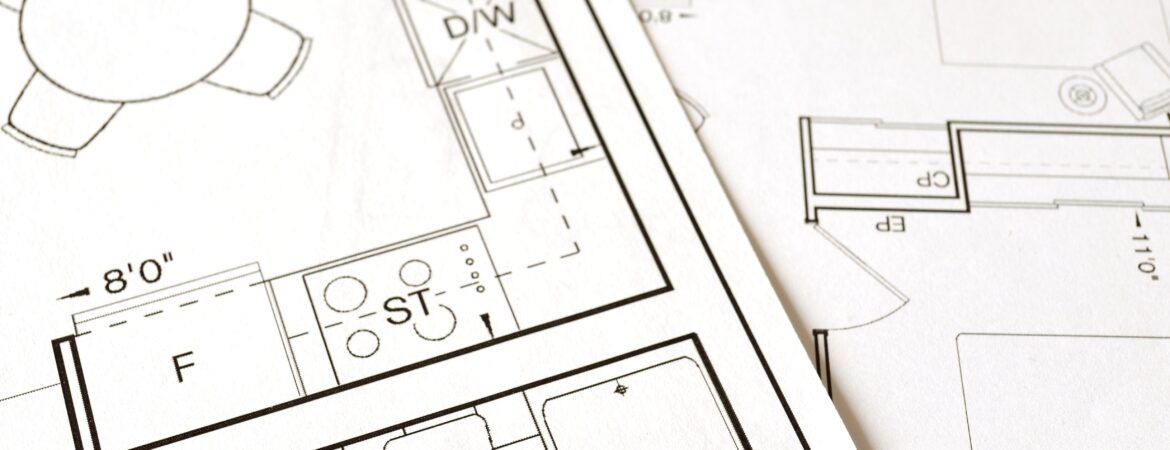
Boundary disputes between neighbours are still common place. They tend to arise when a new owner moves into a property with their own take on exactly where the boundaries are between their property and their neighbour’s.
Although they may seem trivial when you are not involved in the dispute yourself, they can lead to a huge amount of acrimony between neighbours. In this blog we are going to look at some of the common questions we are asked about boundary disputes; what they are, how they can arise and, of course, how you resolve a boundary dispute.
What is a boundary dispute?
A boundary dispute is a dispute between the owners or occupiers of neighbouring properties regarding where the borders between their properties lie.
Probably the most common reason for a dispute to arise is because one neighbour wishes to extend or build a new wall or fence around their property. When the plans are presented, the other party may voice their concerns that their understanding of the boundaries are different and, therefore, the proposed construction would impinge on their property.
How do you resolve a boundary dispute?
It is important to note that unless the land on which your property is built is particularly valuable, the cost of the legal support you need to resolve the boundary dispute could be high in relation to the value of the land. This is why we would always suggest that in the first instance you should try to sit down with your neighbours and work out a mutually satisfactory compromise.
If this course of action doesn’t deliver the desired results here are some tips on how to tackle the most common types of boundary dispute.
If the dispute involves a wall or fence, the first thing to do is to check whether the new wall of fence will be on the boundary line or inside either your or your neighbour’s boundary. This information will be in the legal documents relating to the purchase of your home. If it is not present, you can buy them from the Land Registry, if necessary with similar documents for your neighbour’s home to complete the picture.
Again, it is better to discuss the content of these documents in person as there may be a simple resolution. However, if this doesn’t work, you can instruct a surveyor to provide a more formal assessment.
If no agreement is reached at this stage, advice from a Direct Access barrister or solicitor will probably be needed.
If the dispute involves a driveway, the details of the boundary lines relating to your and your neighbour’s driveways (including shared driveways) will again be in your property documents.
As with walls and fences, you should try to resolve the dispute amicably at first but if this isn’t possible, you should look to appoint a surveyor and, if required, seek legal advice.
If the dispute involves a new construction or extension, the Party Wall Act does allow one party to build right up to or along the boundary line. However, the neighbour doing the building must submit their intention – preferably with plans – to their neighbour. If the neighbour objects, then you do not have the legal right to begin the build as per your plans so these will need to be adapted in a way your neighbours will accept.
Once the plans are agreed by both parties, you should appoint a specialist Party Wall surveyor.
They will assess which areas of your home and your neighbours may be at risk before construction begins. If any damage is done to your property during the build, their report protects both parties from unfair or misleading claims and their comments on the condition of each property before the work started makes it easier to restore any damage to its former condition. A Party Wall surveyor will also set out the schedule for the work and suggest any additional safety measures they feel are required to protect both properties.
Although it is an extra cost, we would always suggest that for parity, it is considered best practice for both parties to appoint their own surveyor.
How do you avoid a dispute?
As with many types of legal dispute, prevention is definitely better than cure when it comes to boundary disputes with neighbours.
Resolving a dispute will incur legal costs and take up your time. It could also fracture your relationship with your neighbour. Therefore, it is best to do what you can to prevent a dispute arising in the first place.
Here are three ways to do this:
- Establish your boundaries before you make any changes.
- Always check your plans with your neighbour before you do anything else, even what looks like a small piece of work to you could irk them.
- Try to make the process as collaborative as you can. Staying on speaking terms will make the process easier for both parties and reduce the risk of having to bring in professionals.
If you do find yourself involved in a boundary dispute with a neighbour, the property experts in our Civil Law team can help on a Direct Access basis. If you would like to discuss your situation with them, please contact us today.
Leave A Comment